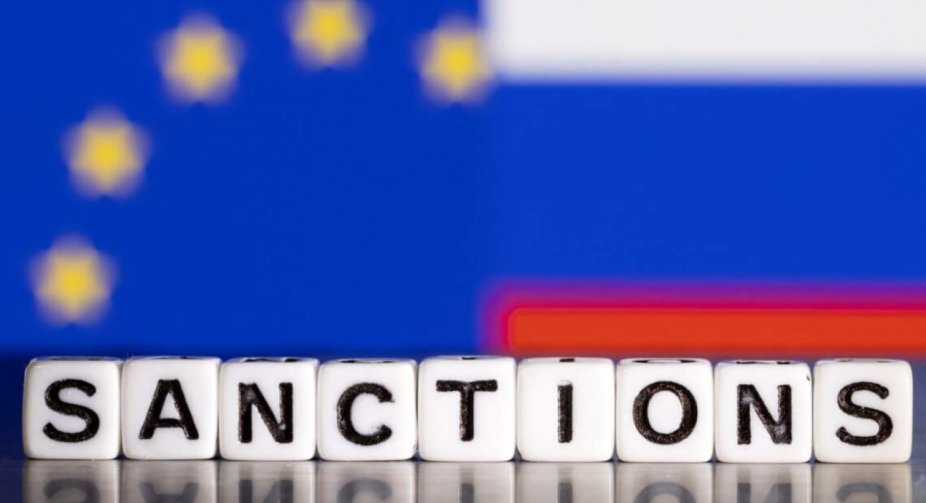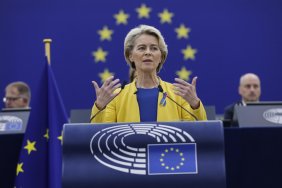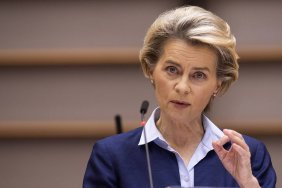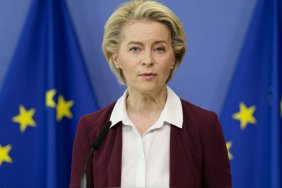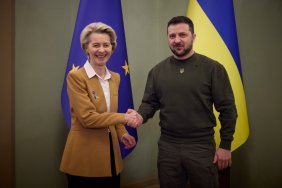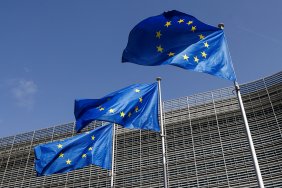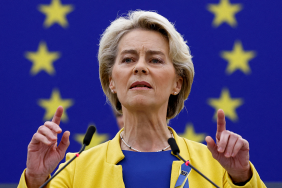The European Union agreed to tighten sanctions against Russia. This was officially announced by the head of the European Commission, Ursula von der Leyen, congratulating the decision.
"The member states have agreed to our strengthened and extended EU sanctions against the Kremlin. I congratulate this. This sends a strong message to Moscow: we will keep the pressure high for as long as it takes," the European Commission chief said on Twitter.
Before that, in response to Russia's Feb. 24 incursion into Ukraine, the EU imposed six sanctions packages, including an asset freeze and visa ban on Russian oligarchs and officials, export controls, a central bank asset freeze, cutting off banks from SWIFT messaging and a ban on Russian coal and oil imports.
The sixth package was the most laborious when, after much wrangling, the EU imposed, among other things, a partial embargo on Russian crude oil imports by sea until the end of the year, though with the exception of Hungary, Slovakia and the Czech Republic, which were allowed to receive oil transported by pipeline, and excluded one of the last major Russian banks from the SWIFT system.
At the last minute, however, Hungary demanded that the EU ambassadors, meeting to finalize the legal text of the EU sanctions package, remove the head of the Russian Orthodox Church, Patriarch Kirill, from the list of sanctioned persons, which left an unpleasant residue on many.
